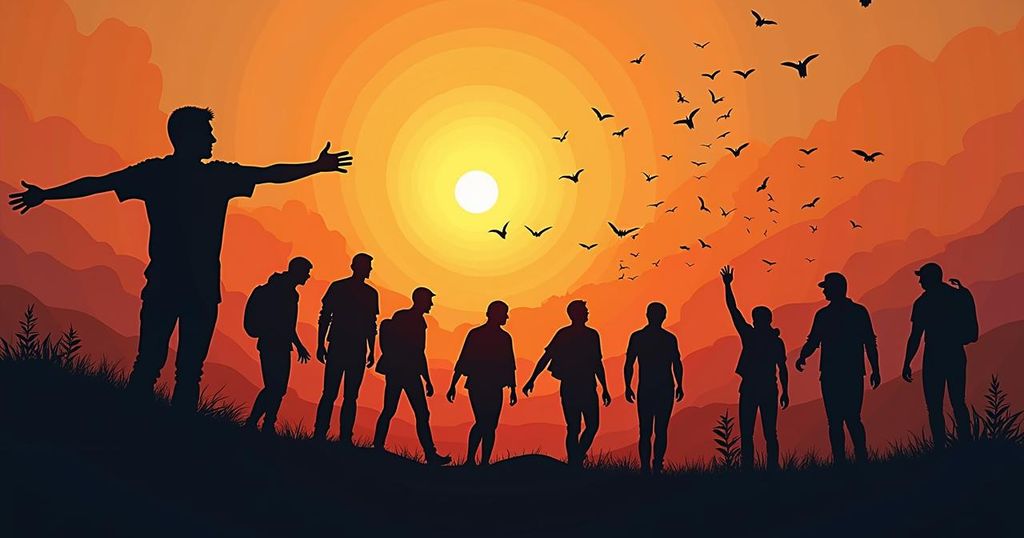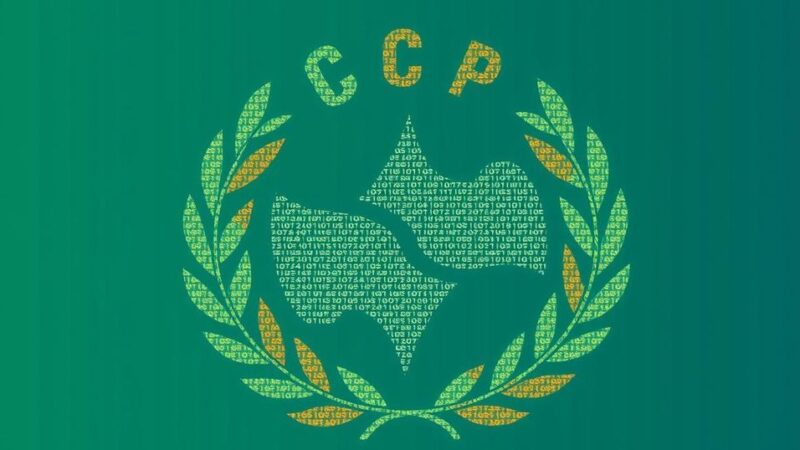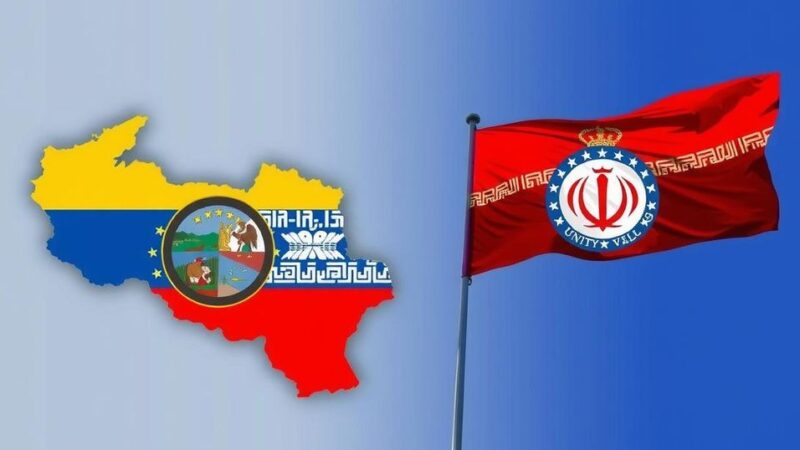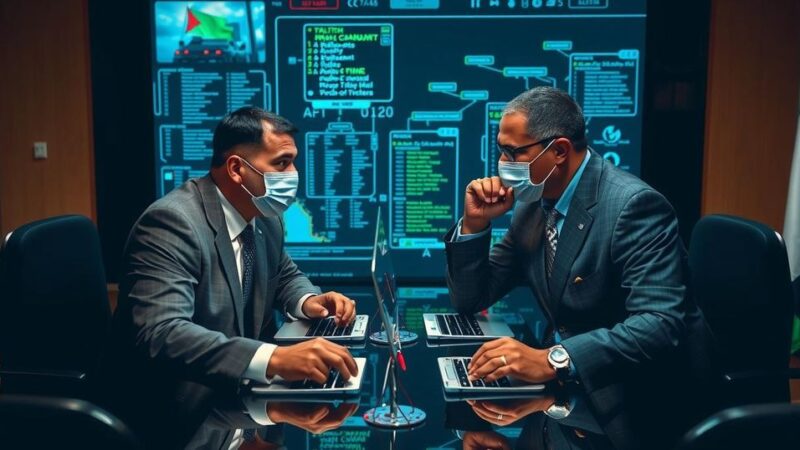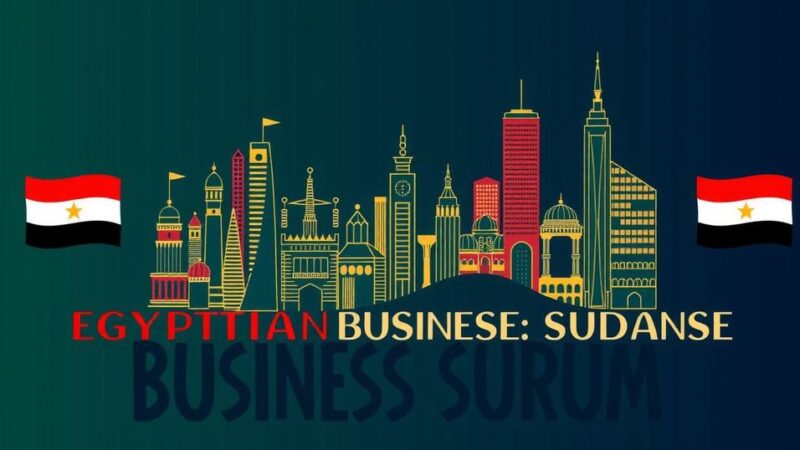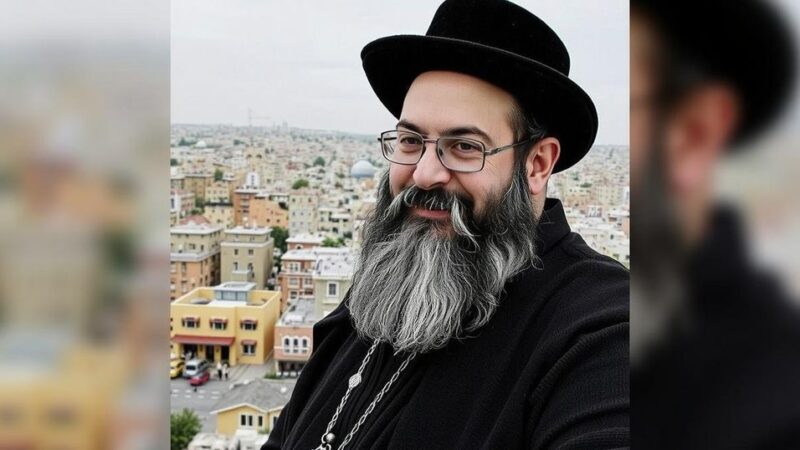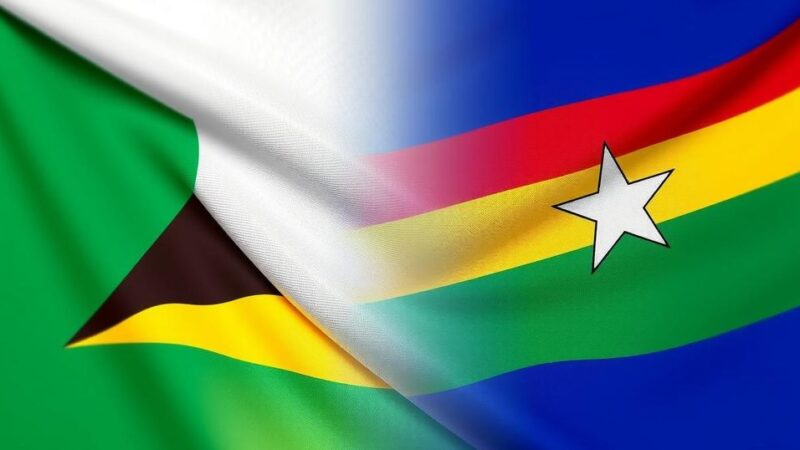The UN Rights Council alarmingly reports a decline in human rights in the Democratic Republic of the Congo due to escalating violence, armed clashes, and human rights abuses committed by armed groups. U.N. High Commissioner Volker Türk emphasizes the need for international intervention, while DRC’s Human Rights Minister responds by highlighting progress amid external threats. The situation remains critical as millions face displacement and hunger, necessitating urgent action to restore order and protect human rights.
Human rights specialists are raising alarms regarding the deteriorating human rights conditions in the Democratic Republic of the Congo (DRC), a nation grappling with decades of conflict. Armed clashes, assaults on educational and health institutions, instances of sexual violence, and various forms of abuse have intensified, prompting calls for international intervention. U.N. High Commissioner for Human Rights, Volker Türk, emphasized that the situation for Congolese civilians is exacerbated by a complex interplay of violence, regional interests, opportunistic enterprises, and a fragile legal framework. He reported a rising number of human rights abuses, primarily in the eastern provinces where armed factions are active, resulting in deadly repercussions for civilians and essential infrastructure. Moreover, the prevalence of sexual violence remains distressingly high, with armed groups allegedly engaging in horrific acts such as sexual slavery and murder following assaults. High Commissioner Türk highlighted the alarming behavior of security forces during military operations against rebel groups, as well as the role of hate speech in inflaming hostilities. He implored influential countries to leverage their positions to cease ongoing violence, particularly condemning any support for armed groups, such as that allegedly provided by Rwanda to the M23 faction in North Kivu. In contrast, DRC’s Minister of Human Rights, Chantal Shambu Mwavita, contended that despite obstacles posed by eastern conflicts, significant advancements in human rights protection have been achieved. She urged the international community to denounce foreign elements that support armed conflict, specifically calling attention to Rwanda’s involvement, which she linked to the exploitation of the DRC’s rich natural resources. The conflict in eastern DRC is longstanding and intertwined with struggles for control and profit from natural resources. Moreover, the narrative surrounding Rwanda’s alleged involvement is contested; Rwandan officials have consistently denied any such support, with accusations directed at the DRC for failing to resolve the conflict through agreed diplomatic means. Rwanda has expressed its commitment to dialogue, asserting that military solutions will not address the underlying issues. Compounding the region’s challenges, the withdrawal of U.N. peacekeeping forces, MONUSCO, remains an unresolved topic, as the Congolese government’s requests clash with the strategic assessments on stability. Special Representative Bintou Keita noted the exacerbating violence and humanitarian crises, with a staggering 7.2 million individuals displaced internally and millions facing acute hunger. MONUSCO continues to strive for the establishment of a human rights compliance framework amid the ever-present threats against civilians, especially in conflict-ridden territories.
The Democratic Republic of the Congo (DRC) has been beset by numerous conflicts over the years, primarily in its eastern provinces, where various armed groups vie for control of the nation’s abundant natural resources. These prolonged clashes have led to severe human rights violations, including attacks against civilians, sexual violence, and assaults on critical infrastructure such as schools and hospitals. The complexity of these issues is compounded by external influences, including alleged support for rebel groups by neighboring countries, particularly Rwanda. Past efforts by international bodies, such as the U.N., to stabilize the DRC through peacekeeping missions have faced scrutiny, especially regarding their effectiveness in addressing ongoing humanitarian crises. The current discussions at the U.N. Human Rights Council reflect the urgent need to reassess these strategies in light of the escalating situation for human rights in the DRC.
In conclusion, the escalation of human rights violations in the Democratic Republic of the Congo has reached a critical point, with armed conflicts and external influences exacerbating the plight of civilians. Urgent action from the international community is essential to address the root causes of the violence, enforce accountability for human rights abuses, and support the DRC in strengthening its legal and institutional frameworks. The ongoing humanitarian crisis requires comprehensive military and non-military responses to achieve lasting peace in the region. As the situation continues to evolve, the focus must remain on protecting the rights and lives of the Congolese people.
Original Source: www.voanews.com
